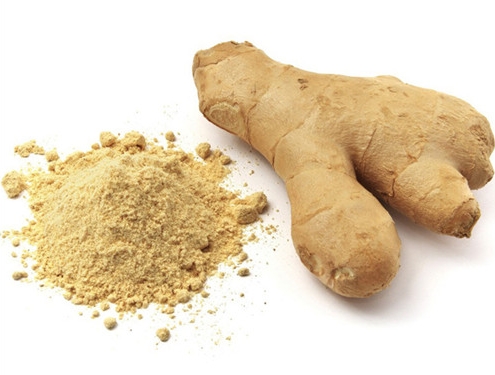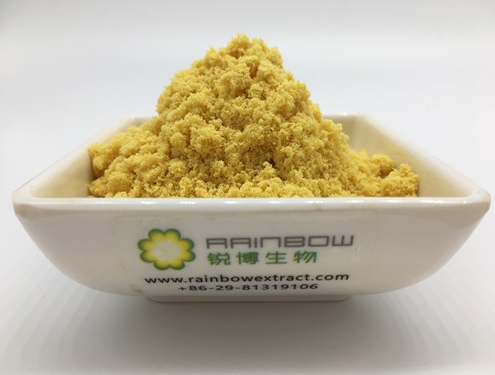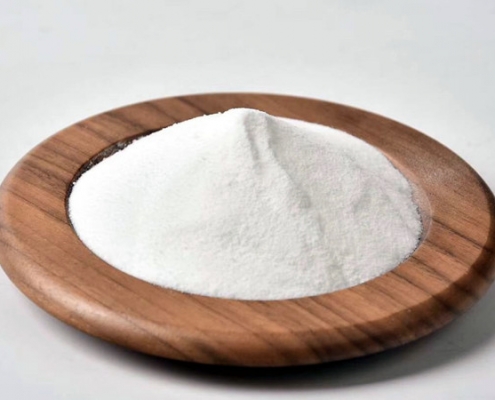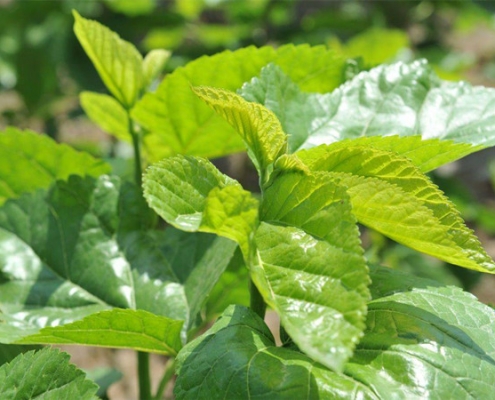Improve digestion
Ginger is an effective drug in the treatment of HCL – ethanol ulcer, and its active ingredient is ginger ene, which has the function of protecting gastric mucosa cells. Ginger has been found to weaken pepsin and strengthen lipolysis enzymes. It seriously destroys the amylase in pancreatic enzyme, and the digestion of starch by pancreatic enzyme decreases significantly. It can also inhibit the β-amylase in amylase and hinder the saccharification of starch. It can also be used for intestinal colic caused by gas or other causes.
Absorption promoting
Ginger can act on the sympathetic nerve and vagus nervous system, inhibit gastric function and directly stimulate gastric smooth muscle. The absorption promotion effect of sulfadiamidine was studied by small intestine reflux method in rats. The results showed that ginger extract had significant absorption promotion effect. The ginger extract also has antiemetic effect, the minimum effective amount is 3mg, and can also inhibit the vomiting caused by copper sulfate in dogs.
Inhibition of the central nervous system
Ginger has an inhibitory effect on the central nervous system. Ginger oil can significantly inhibit the spontaneous activity of mice, prolong the sleep time of pentobarbital sodium, resist pentotetrazolium convulsion, analgesia, and reduce the body temperature of yeast-induced rats. The action on the central nervous system is above the level of the spinal cord, and its mechanism may be related to the facilitation process of inhibiting excitatory synapses.
Resistant pathogen microorganism
Ginger extract had significant inhibitory effects on Staphylococcus aureus, Staphylococcus albicans, Bacillus typhi, Dysenteriae Sonnei and Pseudomonas aeruginosa. In particular, Staphylococcus aureus and Staphylococcus albicans had the strongest inhibitory effect. The effect of ginger root extract on HBsAg for 1-3 hours could significantly decrease the P/N value of HBsAg, but the rate of decline did not increase after 3 hours.













